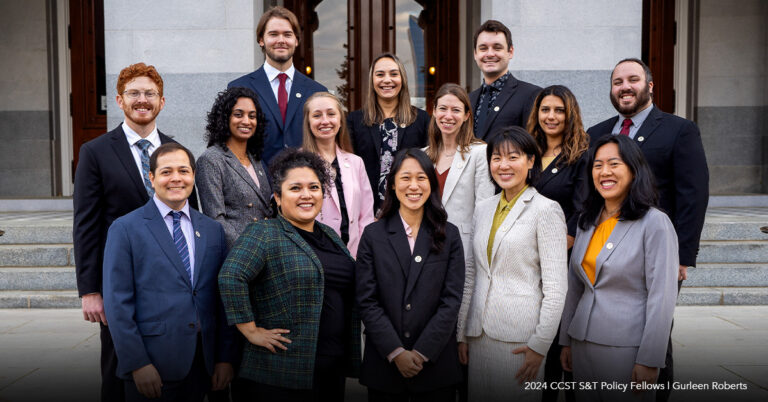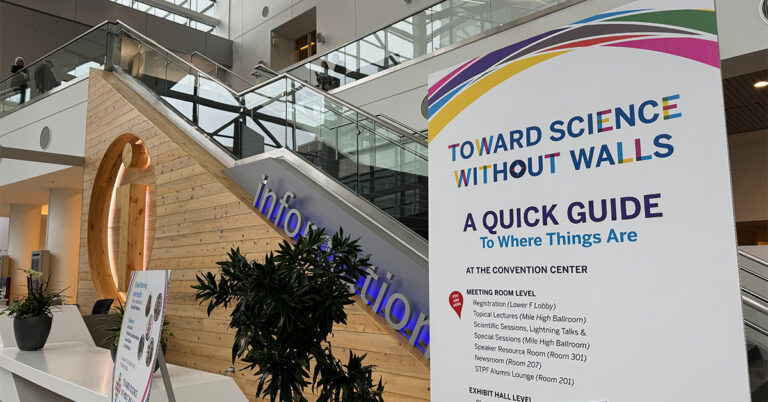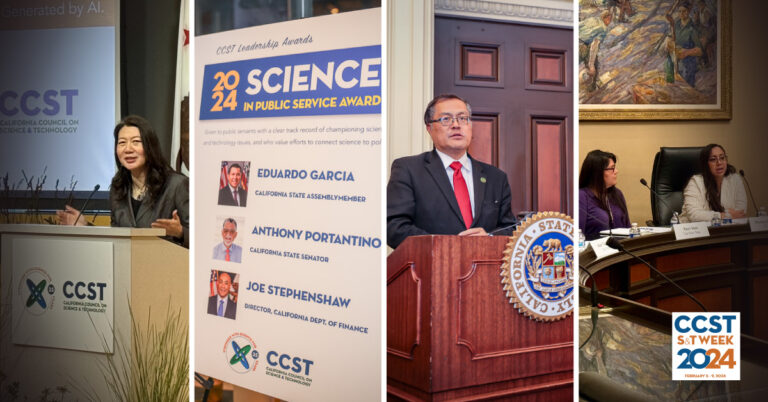Update: Applications for the CCST Science & Technology Policy Fellowship Have Closed
The Keyword? Adaptability. Making the Career Transition from Science to Policy.
June 1, 2022 | CCST Newsroom, CCST S&T Policy Fellows

The last few months have introduced a lot of new things into my life. I moved from the Midwest, where I had lived most of my life, to California with my partner and our menagerie of animals. I began working nine to five instead of the sporadic hours of an academic. Most notably I have transitioned from working in a laboratory to interacting with California policymakers and communities.
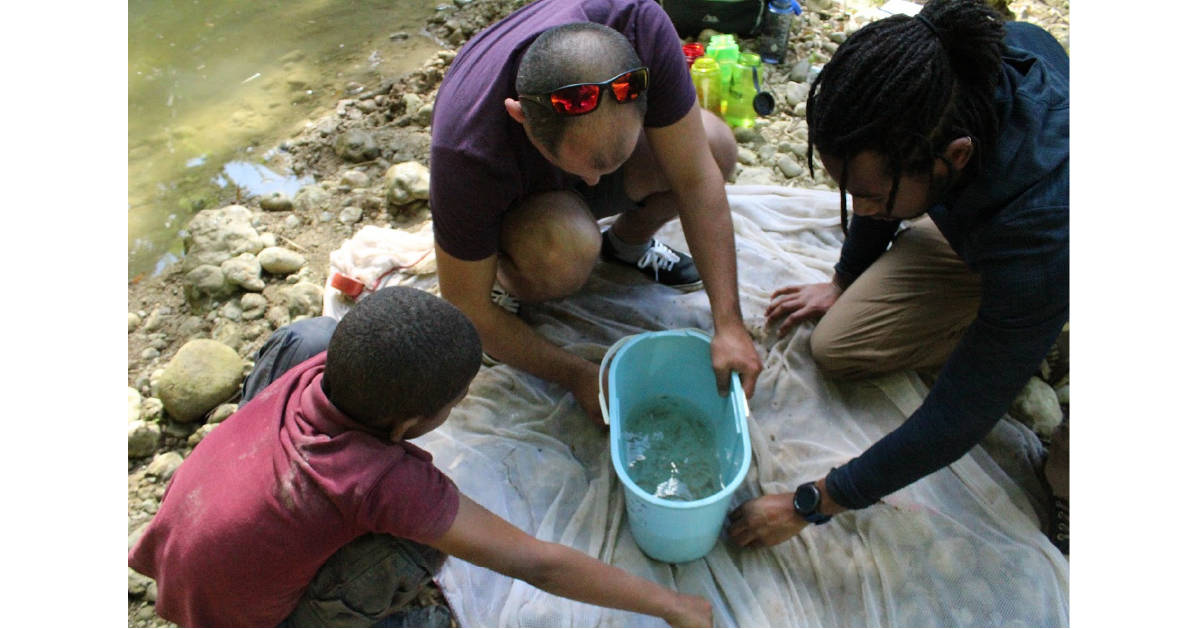
When I transitioned from the world of biology to policy many people told me of the variety of skills that would transfer, like writing, communication, critical thinking, etc. However, there is one skill that has served me the most and, in my opinion, often goes unappreciated: adaptability.
Like many people, I like setting goals, making a flawless plan, and watching everything fall seamlessly into place like dominoes. However, if graduate school has taught me anything, it’s that things rarely go according to plan.
This year in my placement I have had the pleasure of working with the California Strategic Growth Council (SGC). SGC is at the nexus of where policymakers, government agencies, and communities meet. In this role, SGC is constantly adjusting to the needs of its various partners. This sometimes results in the occasional wrench in a program’s plan.
Learn More: Read about the programs and vision of the California Strategic Growth Council.

One of my most rewarding experiences thus far in my fellowship happened when the proverbial wrench was hurdled in my direction. My team was organizing a presentation and panel celebrating the current progress of our program—to put before the council during our upcoming meeting—when we got a bombshell. We were no longer on the agenda.
By this point, we had finished most of the planning and our ducks were nearly in a row. But we were back at square one. This is where I think being a graduate student who was used to things going sideways really served me well.
..It was in that moment of adaptation that I felt like I was truly contributing to the team.
After some the-thing-I-just-worked-on-is-no-longer-relevant grumbling, we reconvened and salvaged what parts of the plan we could and formed a new idea. We figured instead of the original 15-minute panel within a council meeting, why not hold an hour-long panel dedicated solely to our program. However, we did have to get this done before the next council meeting, which was only three weeks away!
So, we put our noses to the grindstone and our team of four staffers began organizing the event, complete with a guest speaker, panelist, guest list, and the detailed impact factsheet—all with less than three weeks to go.
Up until that point, I felt like I was masquerading as someone competent at my job, but it was in that moment of adaptation that I felt like I was truly contributing to the team.
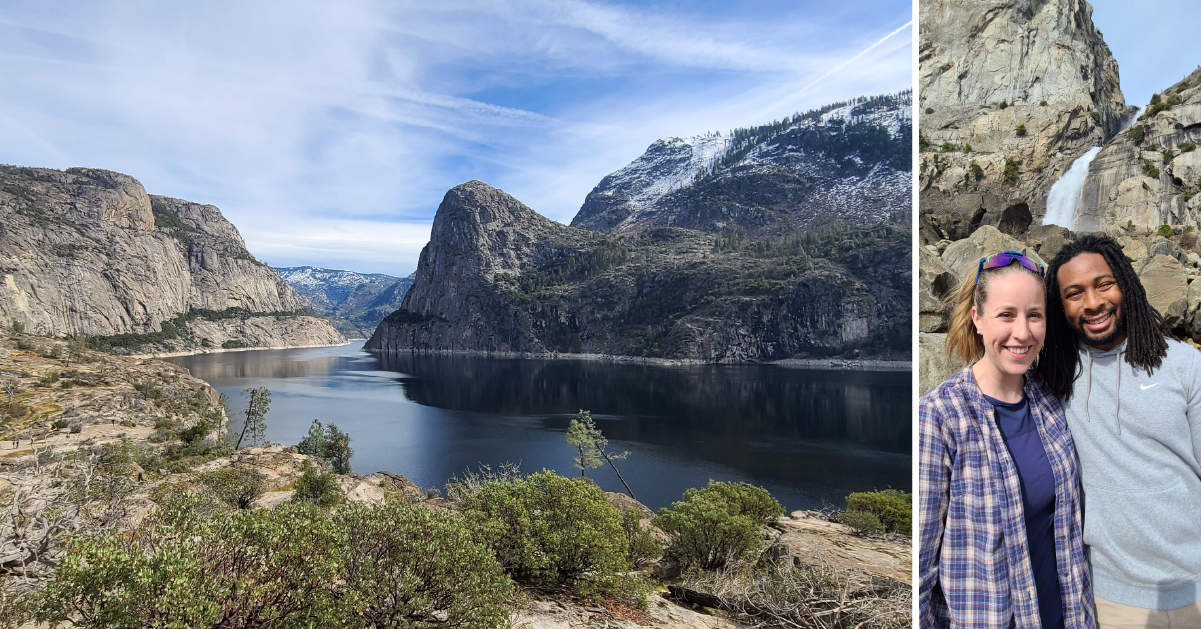
After three weeks of hard work, our team hosted the discussion. One of our council members served as our guest speaker with three panelists and over 100 (!) participants in the audience representing the public, private, government, and non-profit sectors as well as interested community members. It was amazing to see how well the event went, considering the pivots we had to make, due to the creativity and passion of our team.
At the next SGC Council meeting, our team was recognized for how successful a workshop we hosted. We also brought some well-deserved attention to our team’s community and academic partners.
A theme of my time as a CCST S&T Policy Fellow has been change: a new career, new terminology, new culture, and new scenery. These changes have made me a much more well-rounded professional and individual and I feel well equipped to plan and adapt to what comes next.
About the CCST Science & Technology Policy Fellowship
The CCST Science & Technology Policy Fellows program trains scientific thinkers to be policy-savvy, while helping equip California’s decision makers with science-savvy staff. The program was established in 2009 with funds from the Gordon and Betty Moore Foundation and other generous friends. Discover how our CCST S&T Policy Fellows make a difference in California’s policy arena at ccst.us/ccst-science-fellows-program.

